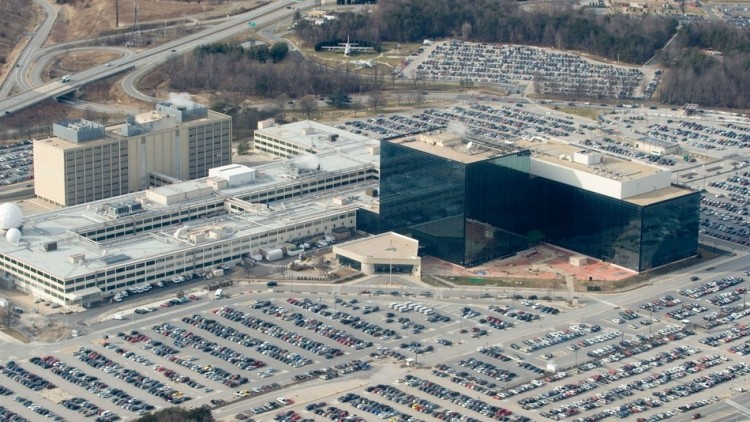Ahead of President Obama's expected announcement of widespread NSA reform later this month, a new study brings the agency's mass phone data collection operation under fire saying that it has had no positive impact on preventing acts of terrorism.
The New America Foundation's study, which was based on 225 different terrorism cases, found that the basic and traditional means of law enforcement were far more effective against preventing acts of terrorism. Informants and tipsters made up for the majority of the leads law enforcement successfully followed up on, with about 48 of those cases made possible by surveillance warrants and other traditional methods.
Compare those numbers to the one single case NSA bulk data collection has contributed to, and it isn't hard to see how ineffective the agency has been, when it comes to preventing terrorism that is. "Indeed, the controversial bulk collection of American telephone metadata, which includes the telephone numbers that originate and receive calls, as well as the time and date of those calls but not their content, under Section 215 of the USA PATRIOT Act, appears to have played an identifiable role in initiating, at most, 1.8 percent of these cases," the New America Foundation said.
Most of us feel the agency is better at spying on regular citizens than preventing terrorist attacks, and so does President Obama's advisory board which agrees that the NSA's data collection "was not essential to preventing attacks" and that the agency's secrecy could be doing more harm than good. The advisory board added that any of the usable information "could readily have been obtained in a timely manner using conventional [court] orders." Obama is set to make NSA reform announcements come January 17 that are said be closely based on recommendations from the advisory board.
